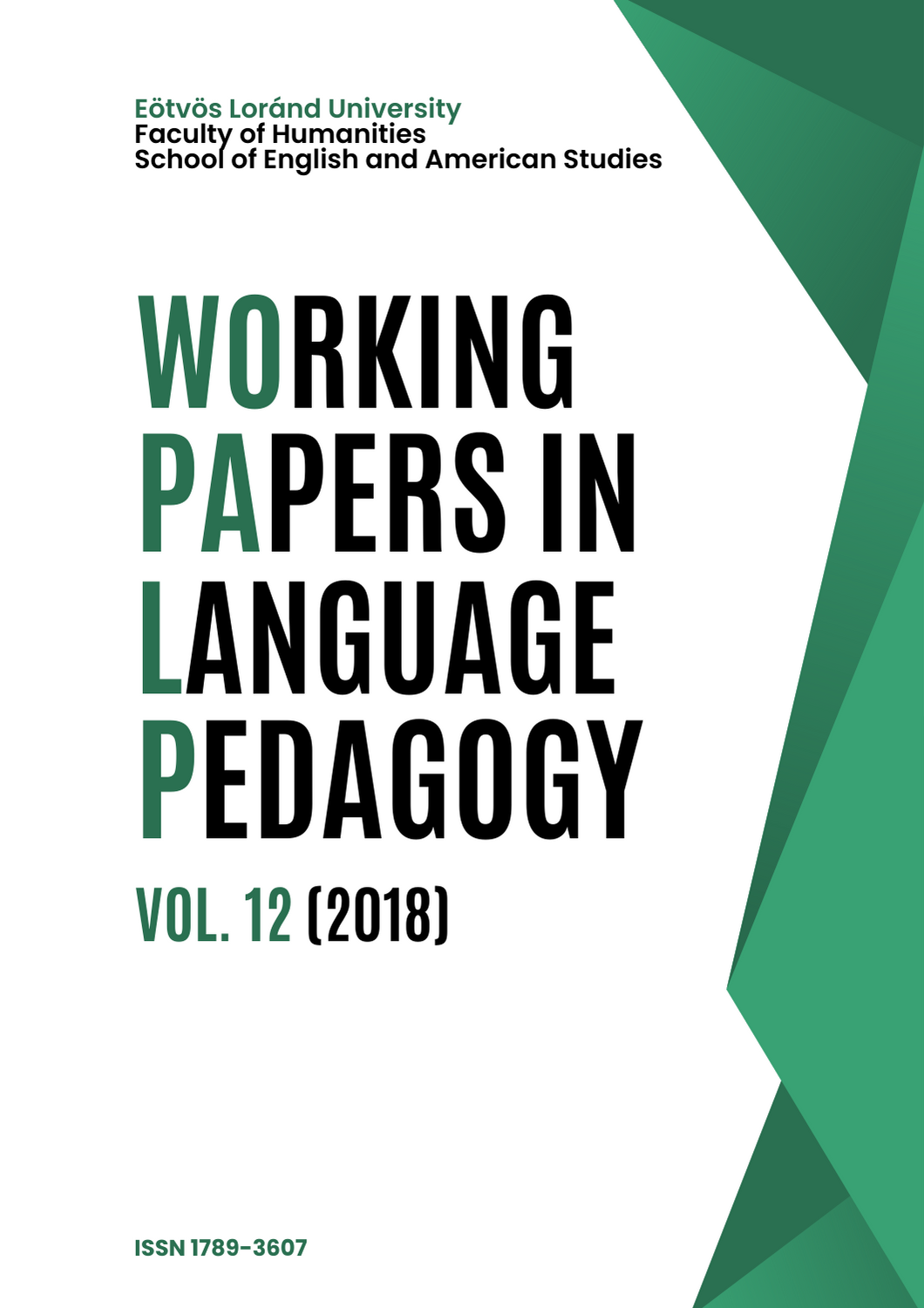Assessment of Learning in The Hungarian Education System With a Special Focus on Language Teachers’ Views and Practices
DOI:
https://doi.org/10.61425/wplp.2018.12.82.93Keywords:
classroom assessment, document analysis, review of researchAbstract
This article aims to discuss some of the most important aspects of assessment of and for learning in Hungarian public education. The first research focus is on analyzing the current National Core Curriculum and the education act as well as other important governmental and ministerial decrees, including the requirements of a teaching degree and those of teacher promotion as these also influence teachers’ attitudes to and practices of assessment. The second research focus is a review of empirical studies on teachers’ views and practices of classroom assessment in Hungary with a special focus on language teachers. Results seem to indicate that although the official documents regulating assessment of student learning follow recent educational trends in Europe, most subject teachers tend to insist on the traditional “teach-to-the-test and then give a written or oral exam” approach. On the other hand, the reviewed studies also show that language teachers feel the need to experiment more and more often with new assessment tools in their classroom.




